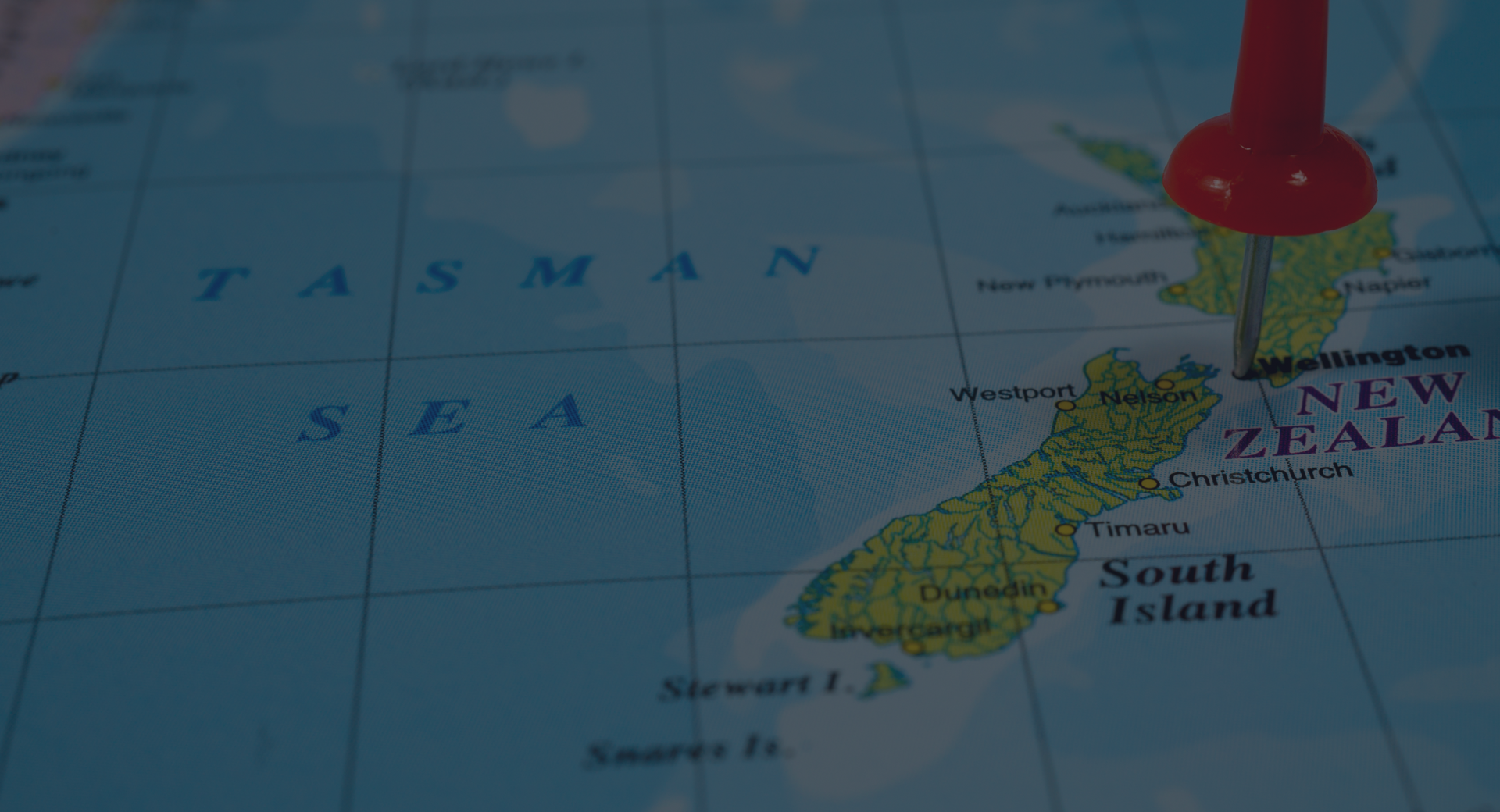R&D Tax Loss Cash-Out Deadline Approaching
If your business is carrying out research and development (R&D) work, you may be eligible to receive a cash payment from Inland Revenue— however there is limited time to act if you want to claim this for FY24.
The deadline to apply for the R&D Tax Loss Cash-Out for the 2024 income year is 30 April 2025 (assuming you have a March balance date and an Extension of Time). If you miss this date, you lose the opportunity to turn your tax losses into cash—even if you fully qualify.
We’ve had clients successfully claim up to $500,000 in cash refunds under this regime—don’t miss the opportunity to access funding that could support your next stage of innovation.
What is the R&D Tax Loss Cash-Out?
The R&D Tax Loss Cash-Out allows qualifying companies to receive a cash refund of up to 28% of their eligible R&D-related tax losses instead of carrying those losses forward. It's designed to support innovative New Zealand businesses who are investing heavily in new ideas but are not yet making a profit.
This incentive has already helped many of our clients unlock early-stage cash flow, including:
- An engineering firm developing a new kind of feed wagon with enhanced efficiency and modular design.
- A technology company applying nanobubble technology in a novel, previously untested way to enhance system performance and efficiency.
- A dairy equipment manufacturer creating a new mastitis spray system to reduce labour and increase effectiveness.
- A biotech start-up researching new cancer drug candidates.
- A company designing cutting-edge scientific research equipment.
If your business is involved in resolving scientific or technological uncertainty—for example, testing whether something will work in practice, or building a prototype you can't yet confidently replicate—there’s a good chance you're conducting eligible R&D.
Key R&D Criteria (Do You Qualify?)
To qualify, the R&D activity must:
- Be aimed at creating or improving products, processes, or services.
- Involve uncertainty—you must not already know how to achieve the result using existing knowledge.
- Be conducted by a New Zealand tax-resident company that is loss-making.
Eligible expenses may include R&D labour, materials used in trials, prototype costs, testing, and certain overheads.
Don’t Miss Out – Here’s What Needs to Happen
To claim the R&D Tax Loss Cash-Out for the year ending 31 March 2024 the R&D tax loss cash-out application must be submitted by 30 April 2025.
If you miss this deadline, you forfeit the right to claim—even if you fully meet the criteria.
How We Can Help
We’ve helped a wide range of clients—from tech start-ups to farmers and engineers—successfully claim the R&D tax loss cash-out. When it comes to R&D claims, experience matters, we’ve seen first-hand the costly mistakes made by less experienced or overly aggressive advisers. We are genuine R&D tax specialists, and we take the time to get it right, ensuring your claim is both compliant and optimised.
We can assist you with:
- Confirming whether your activity qualifies as eligible R&D.
- Reviewing and categorising your R&D expenditure correctly.
- Completing and lodging your income tax return and application on time.
- Ensuring your documentation and labour records meet IRD requirements.
- Planning for future claims under both the R&D Tax Loss Cash Out and the R&D Tax Incentive regimes.
Final Reminder: Applications must be submitted by 30 April 2025
We recommend getting in touch with us before the deadline, so we have time to assess your eligibility, prepare your records, and lodge your claim with Inland Revenue.
If you think your business is doing innovative or technical work—even if you’re not sure it qualifies—contact us today. We’d love to help you make the most of this opportunity.













